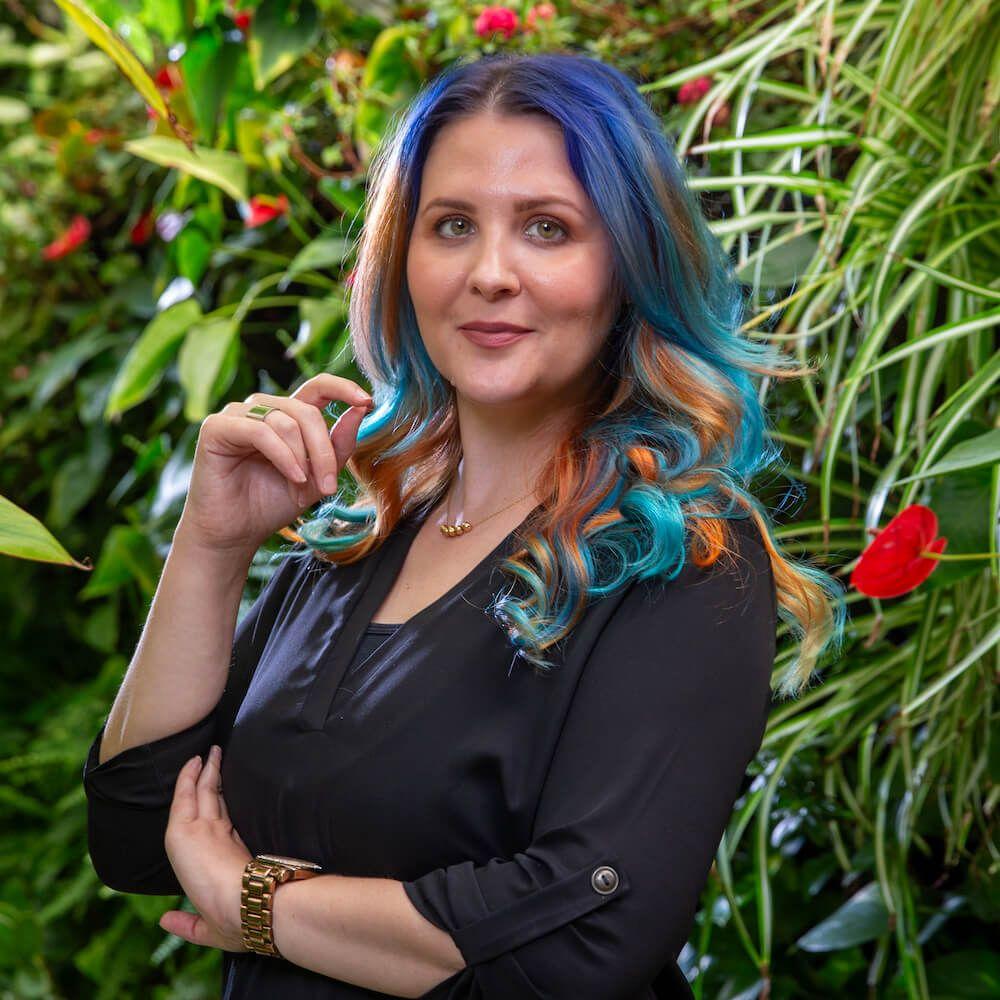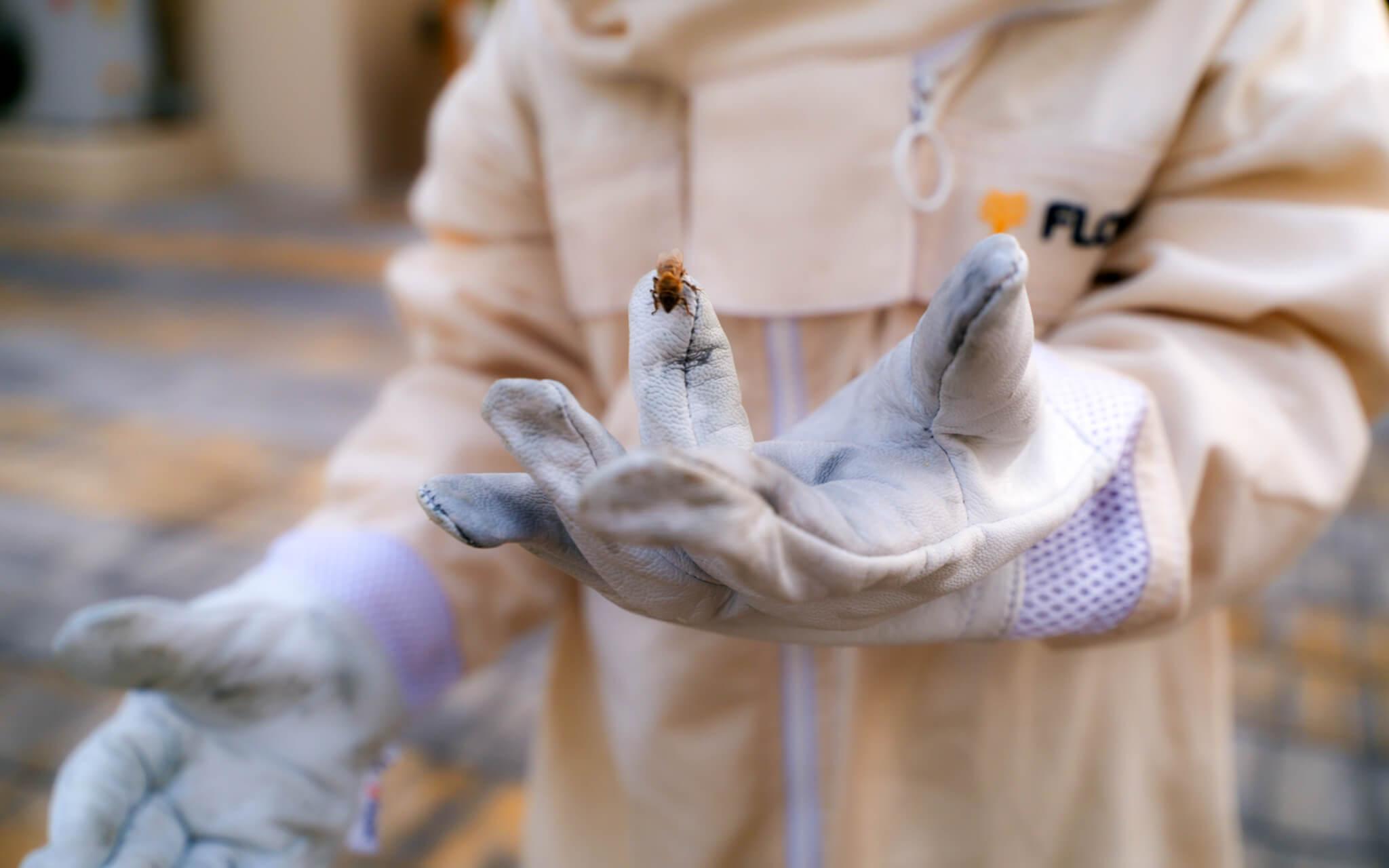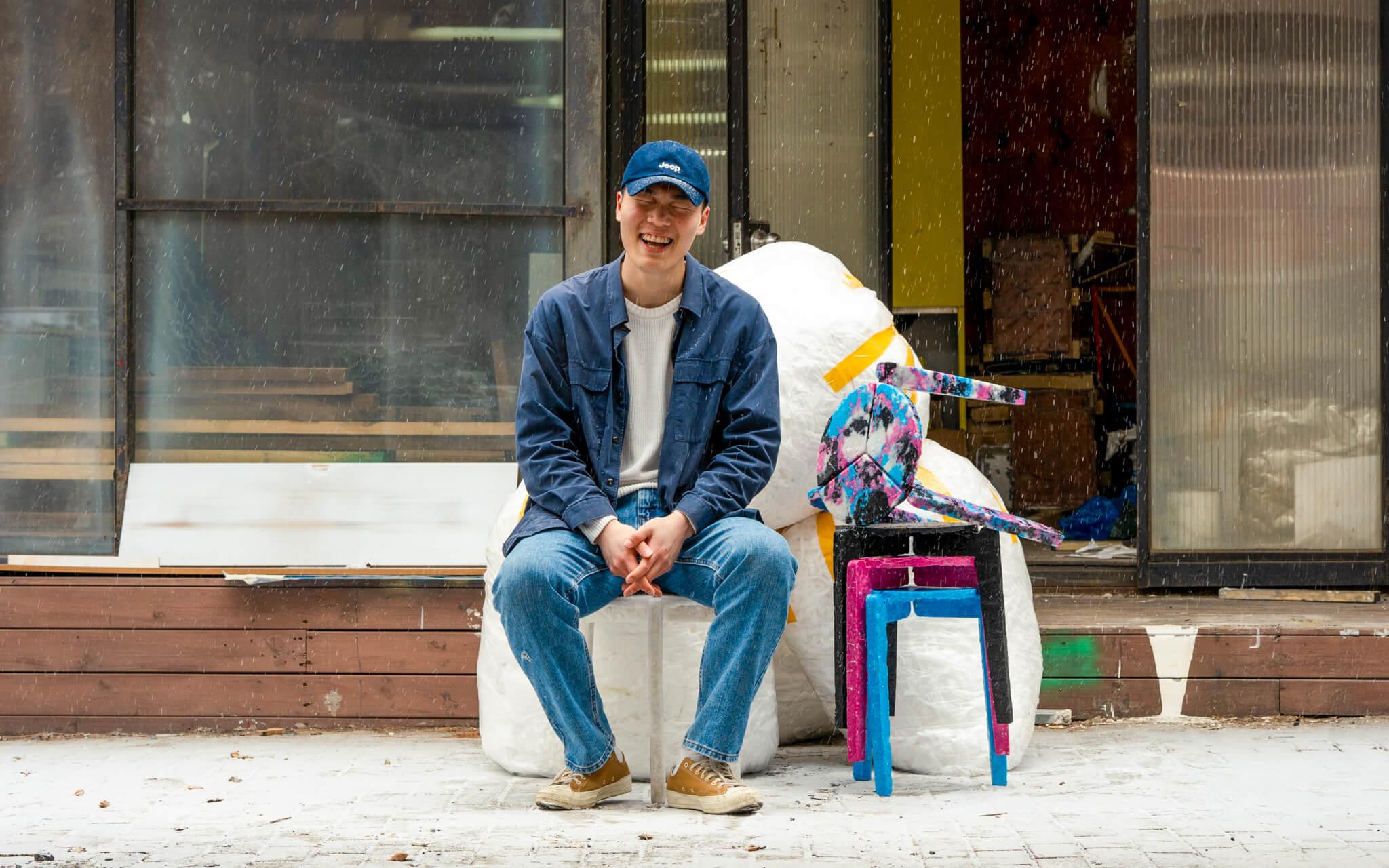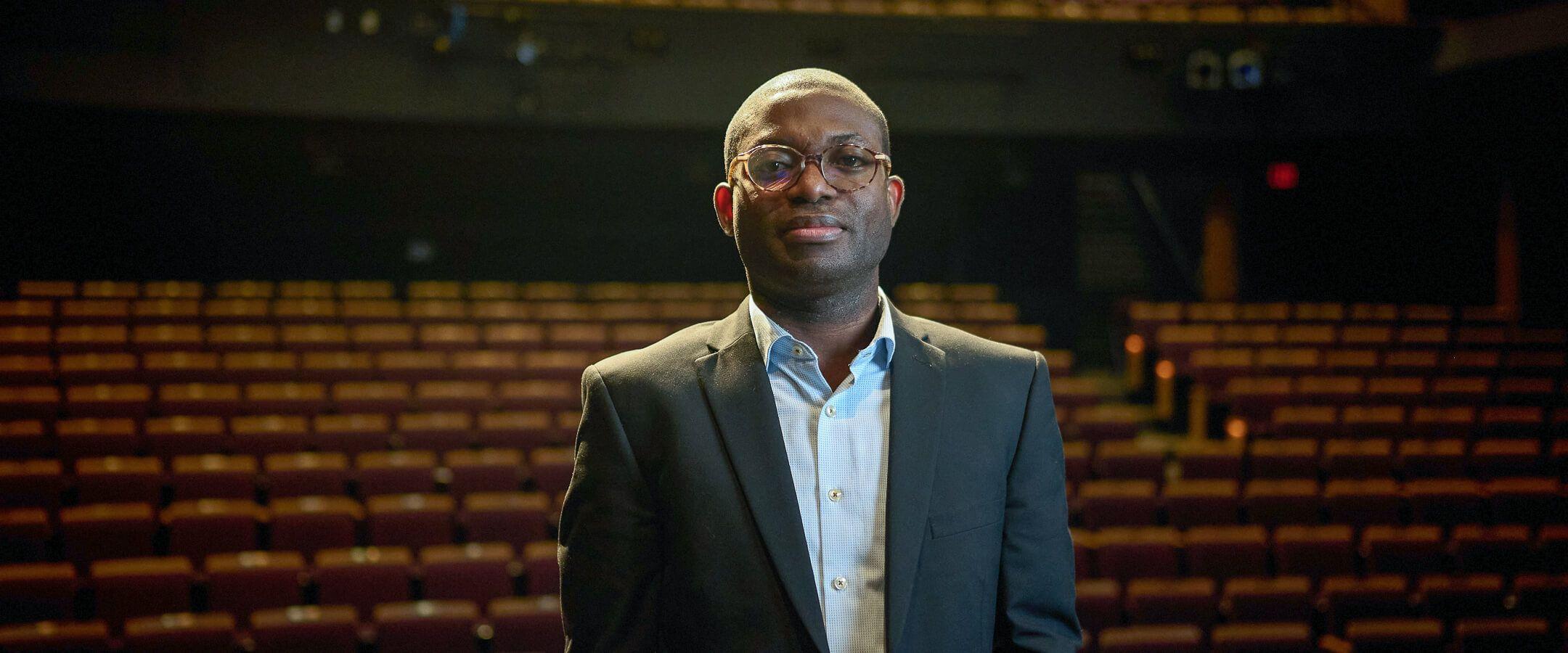The Green Generation of Ghana
Ghana is rich in iron ore, gold, and diamond resources. However, the Green Diversity Foundation is on a mission to demonstrate the value of preserving the environment.
For Hobson Kwame Agyapong, caring for the environment is a family affair. A member of the Environmental Protection Agency in Ghana and the founder of the Green Diversity Foundation, Hobson includes his entire community in ecological restoration.
“My first child was very young when I started the Green Diversity Foundation, about three years old. Any time that I would tell her, ‘I'm going to the garden,’ she would say, ‘I'll go with you, Daddy’. So I bought her a little watering can. We were always in the garden.”
The garden is how Hobson refers to the Green Diversity Foundation’s first restoration site, Lakeside Horticulture Village. “It was actually a garbage dump site,” Hobson says from his office in Accra. ”We decided to restore it, and now we have a nursery where we nurture plants and sell them to the community to encourage tree planting – a greening of the environment around the area.”
Today, the Green Diversity Foundation has several sites around Ghana they’ve rehabilitated, clearing trash, installing pretreatment waste facilities, planting native species, and bringing back wetlands and ponds. University students, neighbours and volunteers are mobilised throughout the process, and after, once the green spaces flourish, they serve as community parks.
Because of his work in the EPA, Hobson has extensive knowledge of climate solutions, which he combines with his personal projects, pushing Accra to become a more eco-friendly city. However, Hobson’s commitment to the environment came at him sideways. “You know, it's funny how I had the opportunity to work with the Environmental Protection Agency,” he says. “I came in as an administrative officer. I was in charge of the stores, and they published books there. I decided to read what we published, and after four years of reading, I wanted to enhance my knowledge of these environmental issues. So I switched to do my Master's in Environmental Science, Policy and Management.”
He turns serious for a moment. “And then the passion came. I grew up in the village, and I saw the beauty of our ecology, the beauty of our natural environment. Now that I’m in Accra, I think, how can I still get this kind of environment?”
The second most populous country in West Africa, Ghana is also one of the most resource-rich: its diamonds, manganese, and iron ore have been extensively mined. Oh, and it's gold–Ghana is the second largest producer of gold in Africa, a fact which has caused some of Ghana’s most significant environmental challenges.
“Illegal mining has degraded about 40% of our forest, and it's very disturbing,” Hobson says, outlining the issues currently facing the country. “Some areas cannot even be assessed at the moment because of the kind of pits they are creating, which are very dangerous.”
The Environmental Protection Agency has initiated multiple programmes to curtail these mining efforts and prevent further damage. Hobson lists them off by heart: “The first one is to tackle those who are actually engaged in these illegal mining activities and then deal with them in accordance with the law. Secondly, reclaim these degraded lands and enhance the ecology again for future use. We also want to test the soil to see whether they’ve contaminated it and the groundwater.”
The core of this problem, though, Hobson shares, is value.
“People don't value the environment. They think it's all about money. For instance, people value the money they will get from ore more than from protecting the forest, which is keeping everybody's health, which is keeping our climate.”
This is why the Green Diversity Foundation is so entrenched in the community, “We decided that instead of telling people what to do, we’re going to demonstrate it to them.” When people come to one of the restored sites to take wedding photos in the lush foliage or stand near the fish ponds, Hobson always asks, “‘Don’t you like this place?’ I want you to value it.”
We decided that instead of telling people what to do, we’re going to demonstrate it to them
That value has been instilled in Hobson’s children, grown up as they have, surrounded by climate action. Every weekend, the Agyapong family heads to a foundation site, or participates in a local beach cleanup or helps maintain the lakeside nursery and gardens.
“They ask questions,” Hobson says proudly. “Daddy, why is it that this time the pond is going down?’ I tell her it's because of the heat the water is evaporating. And because there's no rainfall, it affects the water we have in the pond.”
“I always tell them, ‘Use your own observation.”
Hopeful and realistic, Hobson is measured and thoughtful in his responses. “I want them to grow with it, so they can also influence their friends and promote change,” he says. A long-time participant in the climate sphere, however, he knows progress takes time.
“We have climate change, but we can adapt and find some mitigation. Mitigation will take a very long time, but we need adaptation, and that is exactly what we are doing.”
Most Popular
The Climate Tribe delivers stories about Biodiversity and Conservation, Circular Economy, Food and Water , and how they intersect with climate.
Subscribe
Get the latest stories inspiring climate action around the globe straight to your inbox.






